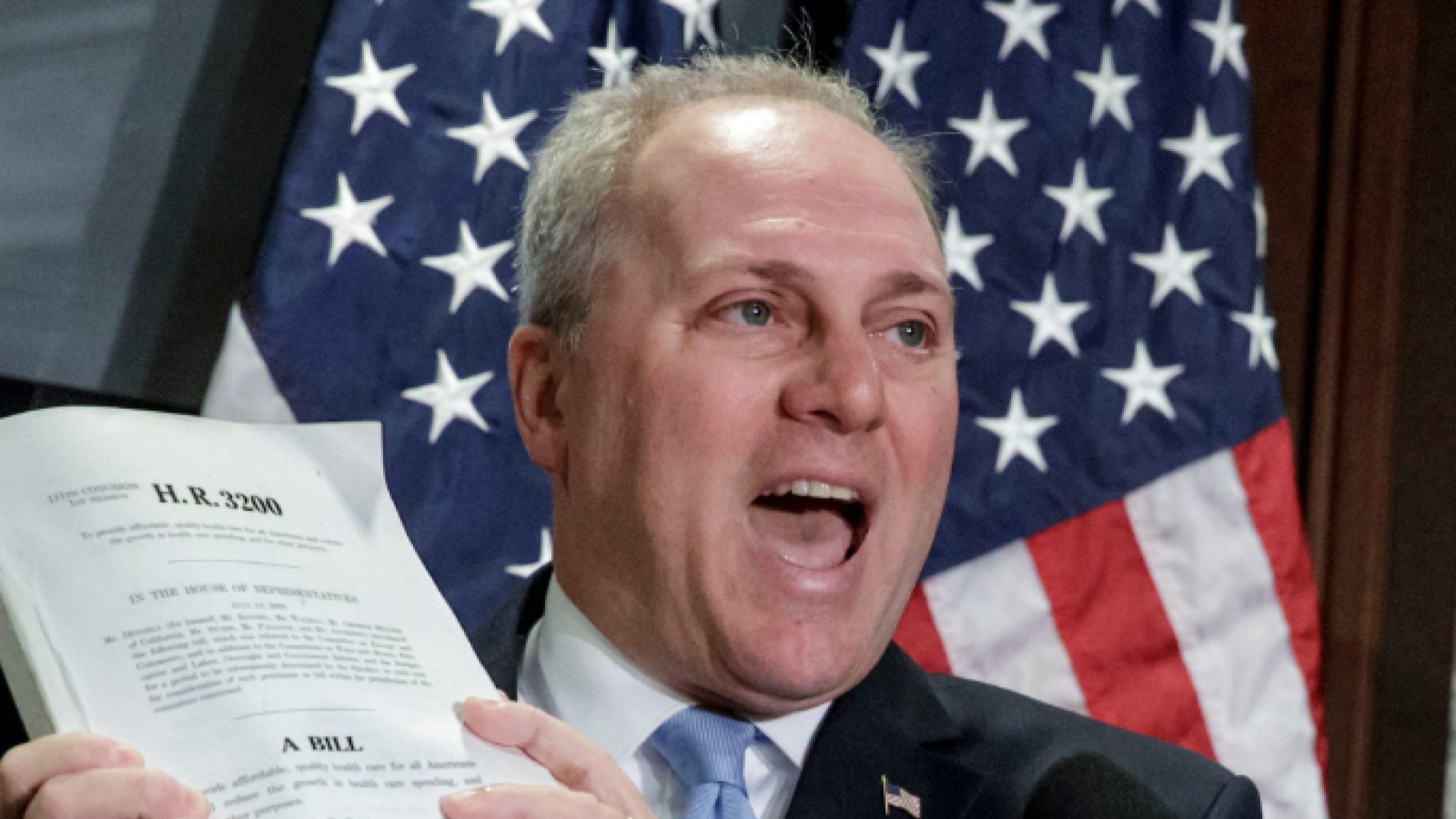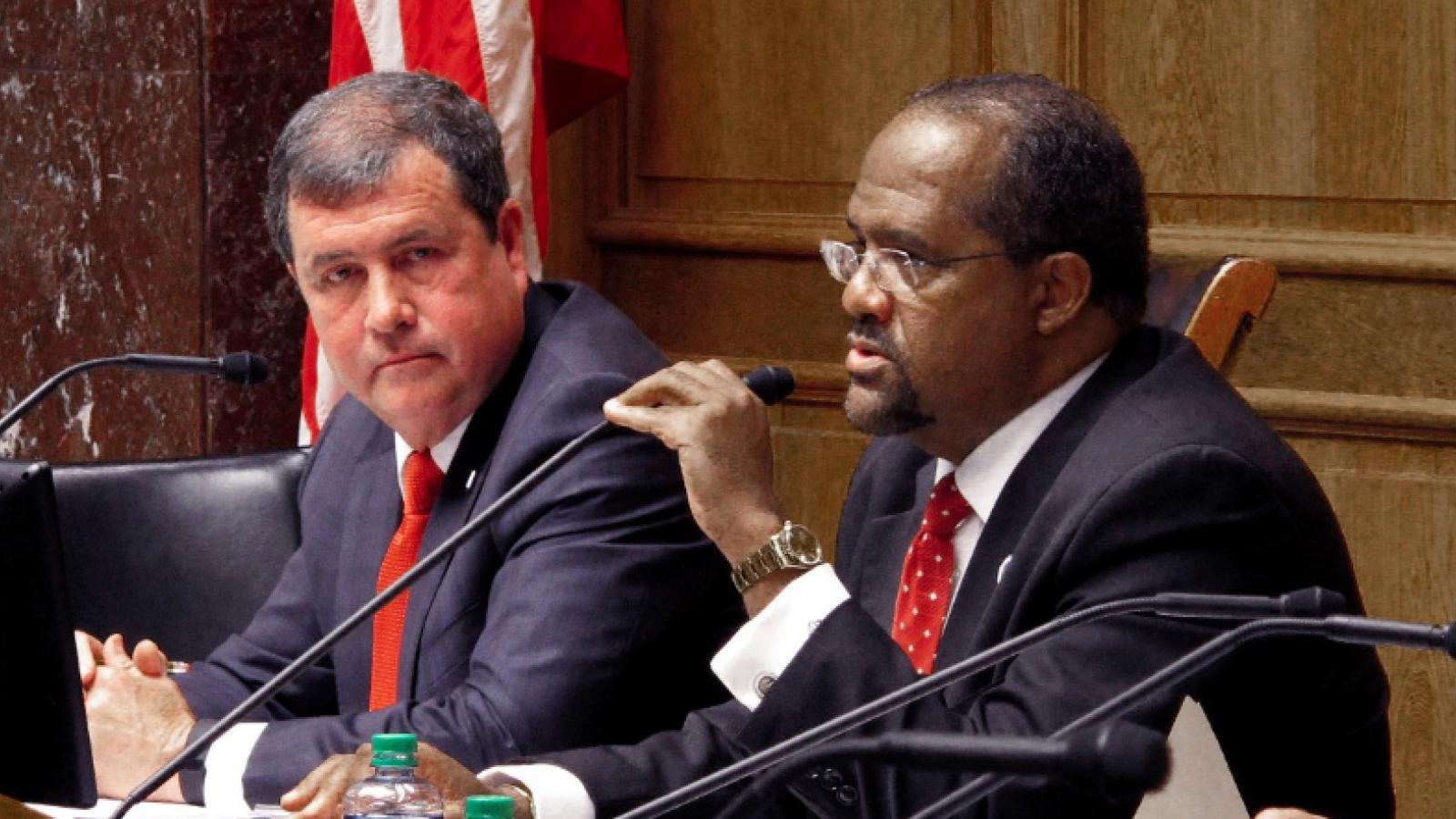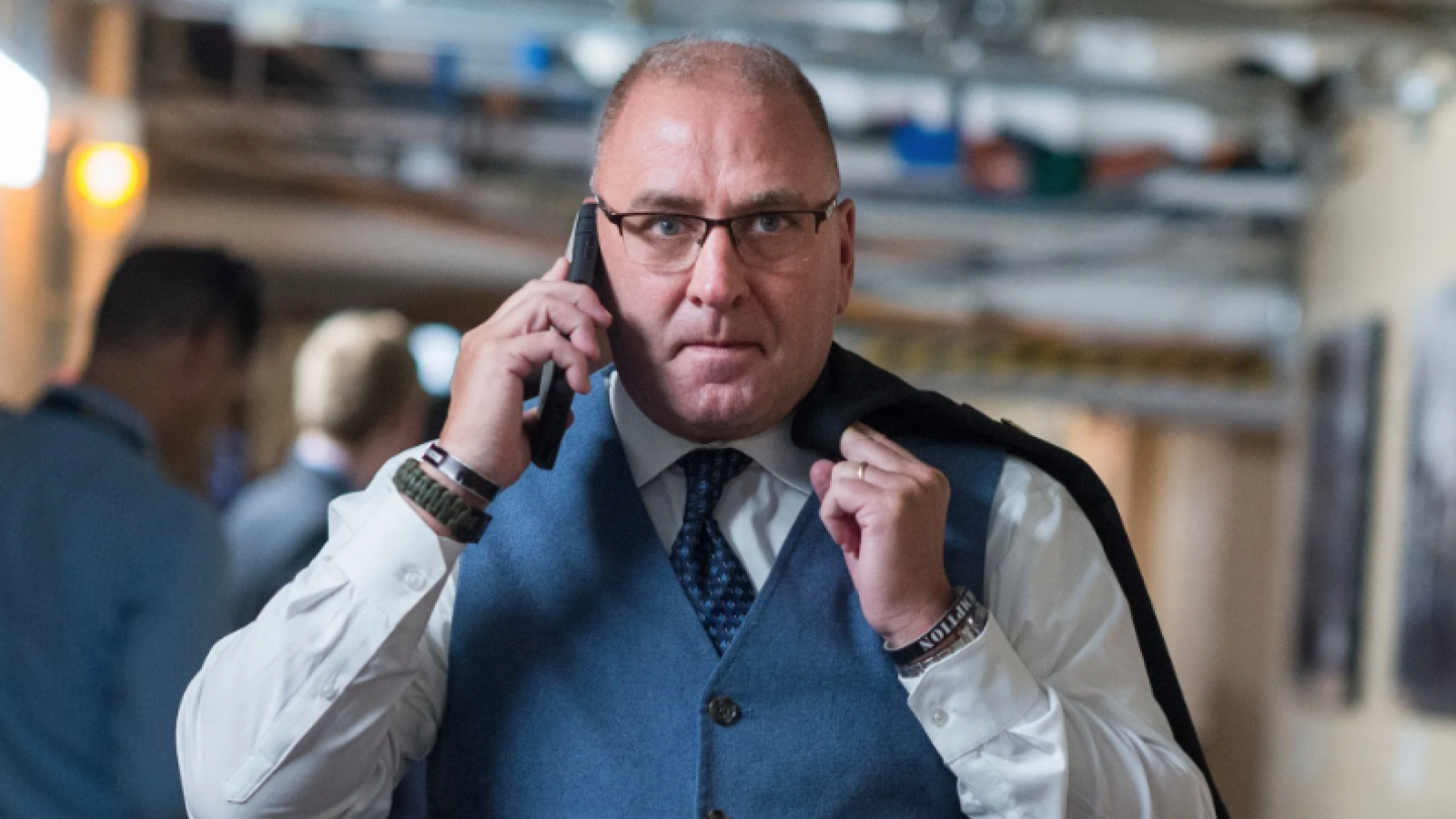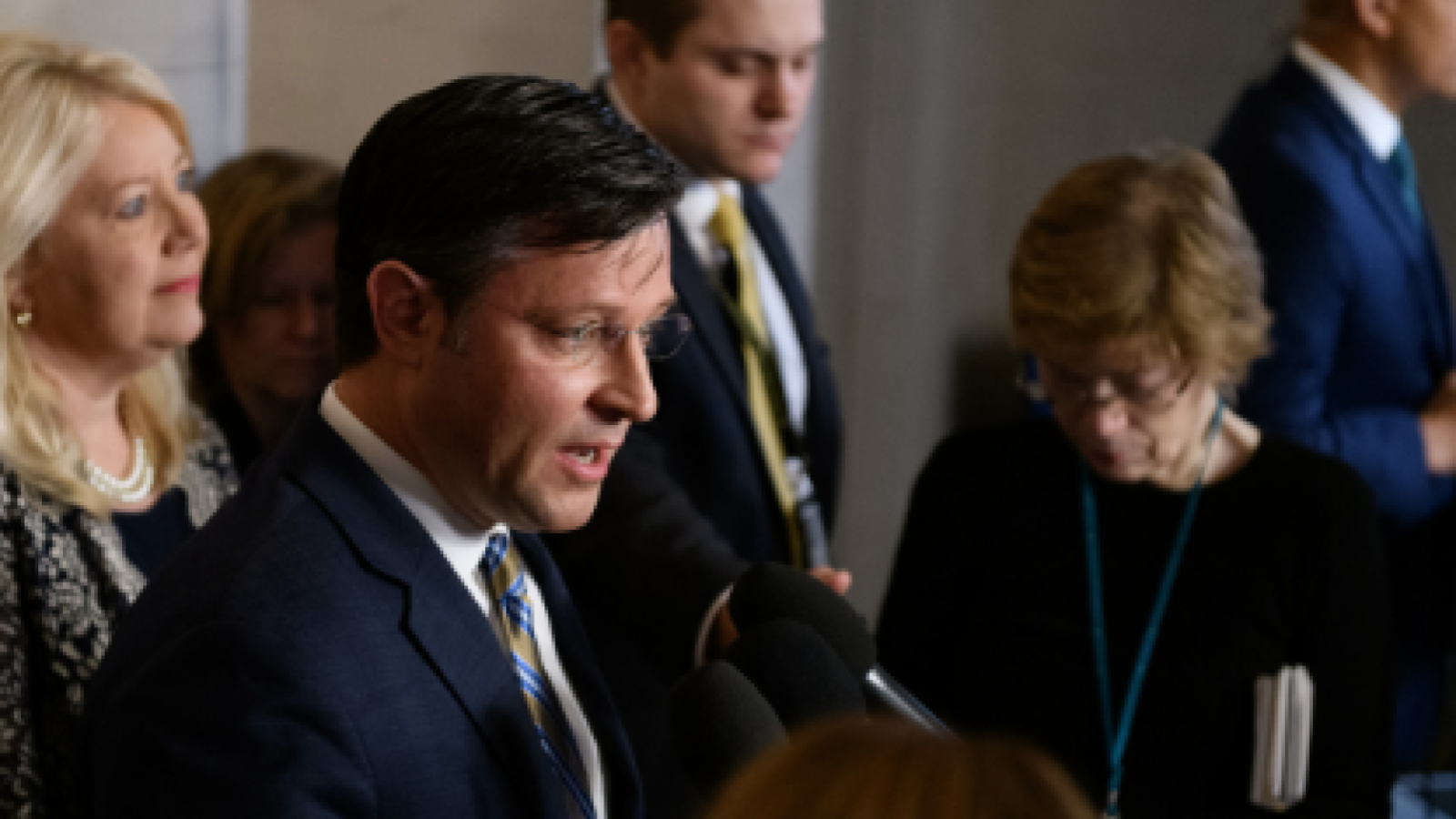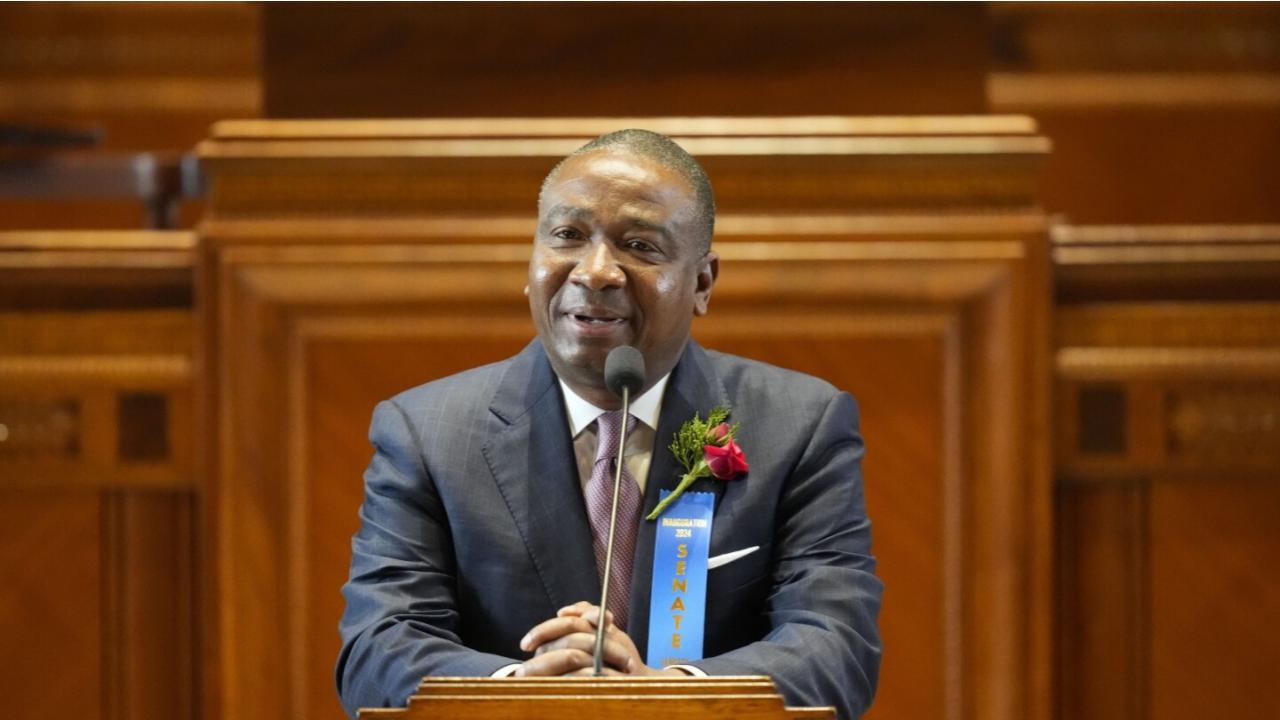Current Position: US Representative of LA District 1 since 2008
Affiliation: Republican
Former Position: State Delegate from 1996 – 2008
Other Positions: House majority leader
District: northern shore of Lake Pontchartrain south to the Mississippi River delta. It covers most of New Orleans’ suburbs, as well as a sliver of New Orleans itself.
Upcoming Election:
Before his election to Congress, Scalise served four months in the Louisiana State Senate and three terms in the Louisiana House of Representatives. On June 14, 2017, during practice for that year’s Congressional Baseball Game, Scalise was shot and seriously wounded by an anti-Trump domestic terrorist[5][6][7] who was targeting Republicans.
Featured Quote:
Think about this: If you’re a vaccinated American citizen not wearing a mask in the Capitol, Pelosi will have you arrested. But if you’re a COVID-positive illegal immigrant at the border? Dems welcome you and put you on a plane to an American city. Outrageous double standard.
Newsmax | House Republican Whip Steve Scalise with Eric Bolling
OnAir Post: Steve Scalise LA-01
